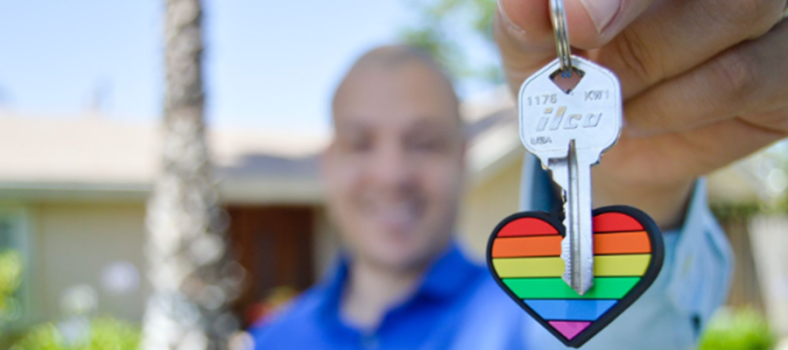6 Tips For Handling Arrangements For The Departed
One of the worst moments you can ever be involved in your life is planning and handling arrangements for your departed loved one. Losing someone for eternity is painful and can leave you mourning for days, weeks, or even longer. Regardless of the death of your loved one was already expected or very untimely, no one can ever be emotionally and mentally prepared for the agony that’s caused by losing someone you dearly loved and cared for.
But even in your grief, you may still need to assume the immense responsibility of handling the funeral arrangements of your loved one. This isn’t because for compliance, but because they deserve a decent and proper funeral before their burial. Moreover, their funeral will also serve as a commemoration in honour of your loved one’s memory.
Understandably, this is a stressful time. You’re emotionally, mentally, and physically stressed and might think that handling funeral arrangements properly may seem impossible. To make this trying time easier for you, below are six tips to guide and help you manage arrangements for your departed loved one.
- Make Important Calls
These calls are very important as this is the part when you’ll finally notify the immediate families and relatives about the loss of your loved one. This may be a hard time for you to call every name and number in your contacts, so be sure to notify first the appropriate parties and let the rest spread the information to the rest of the family tree.
Moreover, another way you can notify other people about your loss and the upcoming funeral arrangement is by writing a death notice and publishing it in your local newspaper. This way, you can notify your families about the date, time, and place of where the departed loved one’s funeral will be held as well as the date of the burial.
Some people may confuse a death notice with a death certificate. For your guide, a death notice isn’t mandatory, but it can help spread the word about your loved one’s death and to honour their memory. Meanwhile, a death certificate is an official document and record for the state stating that the person is dead.
- Confirm Deceased Transportation
After making the necessary calls, make sure you immediately call for transportation arrangements to pick up the deceased person from their point of death. This transportation will then take them to a funeral home in which they’ll be responsible for taking care of the person’s body and preparing it for the funeral.
- See If The Departed Had Any Pre-Arrangements
Sometimes, when the death of your loved one is expected, the deceased will do the pre-arrangements on their own, including their funeral insurance. That way, by the time their final day has arrived, the bereaved family won’t have to worry about the majority of the funeral preparations anymore.
For this matter, see if your loved one was able to have a pre-arranged funeral plan. Typically, this will specify which funeral service provider did your departed loved one selected for their funeral. This will also determine whether your loved one prefers a burial ceremony or cremation.
- Ask Help From A Funeral Director
In case your loved one wasn’t able to do any pre-arrangements for their funeral, you can meet and call for the help of a funeral director to help you with the entire arrangements. During your meeting, make sure you discuss how you want your departed loved one to be handled and cared for, how long the funeral is, the burial day, and the type of ceremony.
Most importantly, discuss whether you’ll have their body buried or cremated as this decision can affect the rest of the funeral arrangements.
- Don’t Forget To Finalize Cemetery Arrangements
If you and the rest of the bereaved family have chosen to bury your loved one in a proper cemetery, make sure you don’t forget about their cemetery arrangements.
For this part, you’ll need to talk with the officials of your chosen cemetery and discuss their available interment properties for sale. If you’re still not ready to do any upfront negotiations, it’s also a good idea if you let the funeral director handle the cemetery arrangements on your behalf.
- Gather The Necessary Funeral and Memorial Products
Now that you have all the necessary arrangements settled, such as the cemetery, the funeral service provider, the place and duration of their funeral vigil, and the date and time of their burial day, it’s time to gather the necessary memorial products needed for the funeral and the burial day. Some of these may include funeral stationaries, burial vault or urn, grave marker, funeral flowers, candles, and more.
If you wish to conduct a special event in honour of their memory, you can arrange events like releasing butterflies, dedicating a memorial vine, and more.
Takeaway
It’s only understandable that handling funeral arrangements for your departed loved one can be emotionally and mentally challenging, especially since you’re still in the mourning process. However, let these tips help you get through these trying times, and don’t hesitate to ask for support from your family and relatives.






No Comment